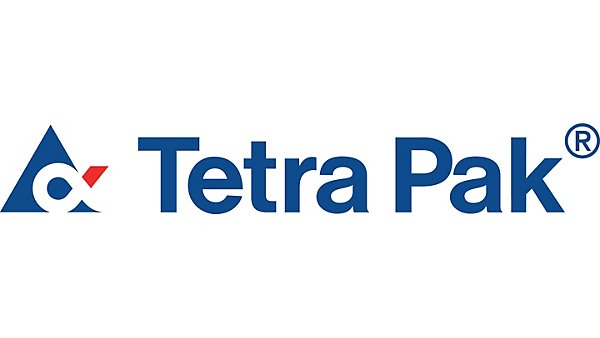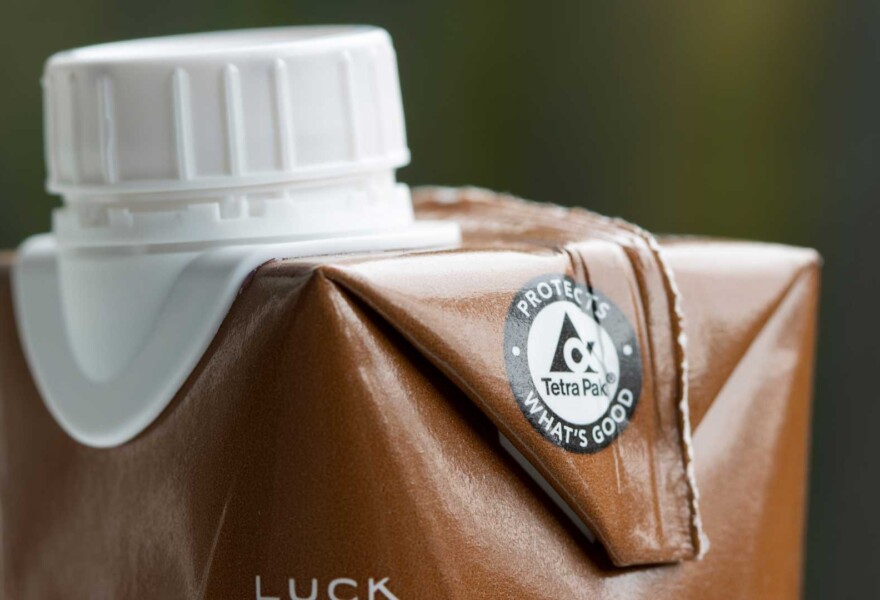
Challenge
Tetra Pak acknowledges that it needs to both engage its supply chain and collaborate with its customers to meet its own sustainability targets. To help current and future efforts related to water impact in the value chain be both meaningful and effective, the world leading food processing and packaging solutions company required a better understanding of water use, related impacts and risks at its own manufacturing sites, suppliers as well as customers facilities.
Solutions
Quantis worked with Tetra Pak to perform a three-part value-chain analysis that included:
- Formulating a water strategy and best practices, identifying enterprise water targets for three priority value-chain areas and developing a roadmap with targeted actions and KPIs.
- Understanding its corporate water footprint to quantify water use (consumption and pollution) along the entire value chain and identify hotspots of business risk.
- Conducting a water risk assessment to map and prioritize geographical locations and areas along Tetra Pak’s value chain according to basin and operational water risks.
This project was critical for Tetra Pak to transform our sustainability commitments into meaningful actions on water. Quantis’ water expertise allowed us to better understand our impacts and map a clear way forward to achieve our revised and upgraded water ambition. We’re in a much more mature place now and are looking forward to making progress on our journey to a water-secure world across our value chain
Gilles Tisserand, VP Climate & biodiversity, Tetra Pak
Results
The findings of the value-chain analysis provided Tetra Pak with a more comprehensive view of its corporate water footprint. Firstly, it revealed that Tetra Pak’s own direct water consumption from its manufacturing sites represents no more than 1% of its corporate footprint. Instead, the majority of the company’s corporate water consumption came from upstream purchases, such as paperboard, fossil polymers and aluminium, followed by direct/indirect water use by its customers. The analysis helped Tetra Pak quantify the risk in its manufacturing sites for water availability and quality as well as water sanitation and hygiene (WASH).

From these findings, Quantis and Tetra Pak co-created a water ambition and target framework that reflects its commitment to sustainable water management. Together, they worked to bring evidence and guidance around best-practices from the first two phases of the project, including identification of key risks and opportunities. Engaging suppliers and customers also provided an enhanced understanding of water use and risks. The result was a set of targets and KPIs with clear ownership attached for each stakeholder. The water strategy will inform and feed into Tetra Pak’s overarching Nature Strategy, currently under revision.
We’re your full-service partner for the transformational journey. Our strategic advisors are equipped to guide you at every point along the way.



